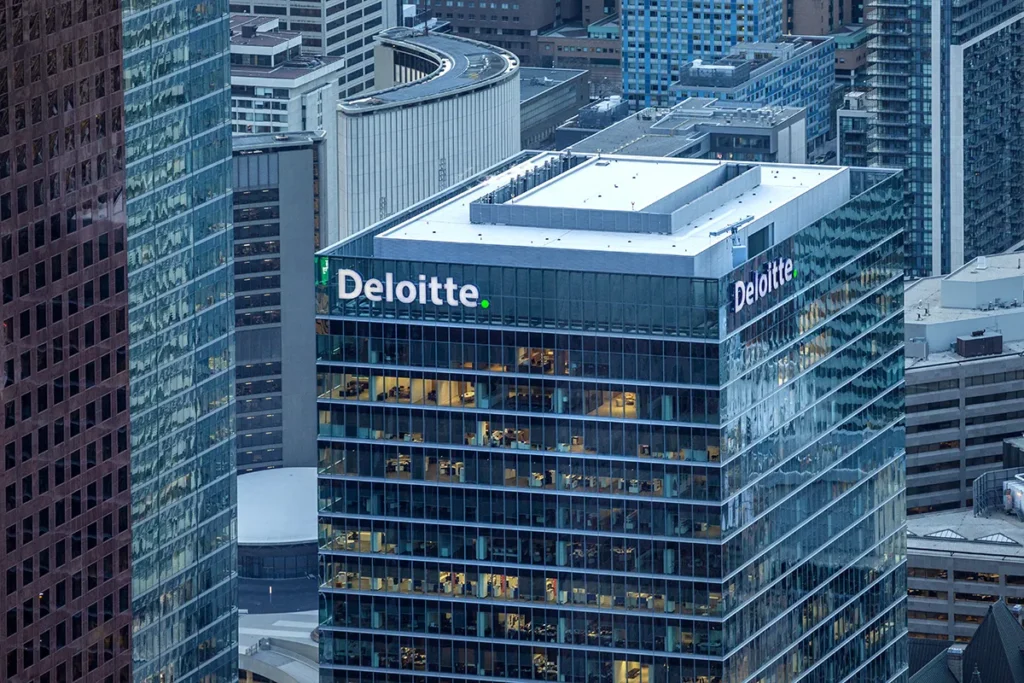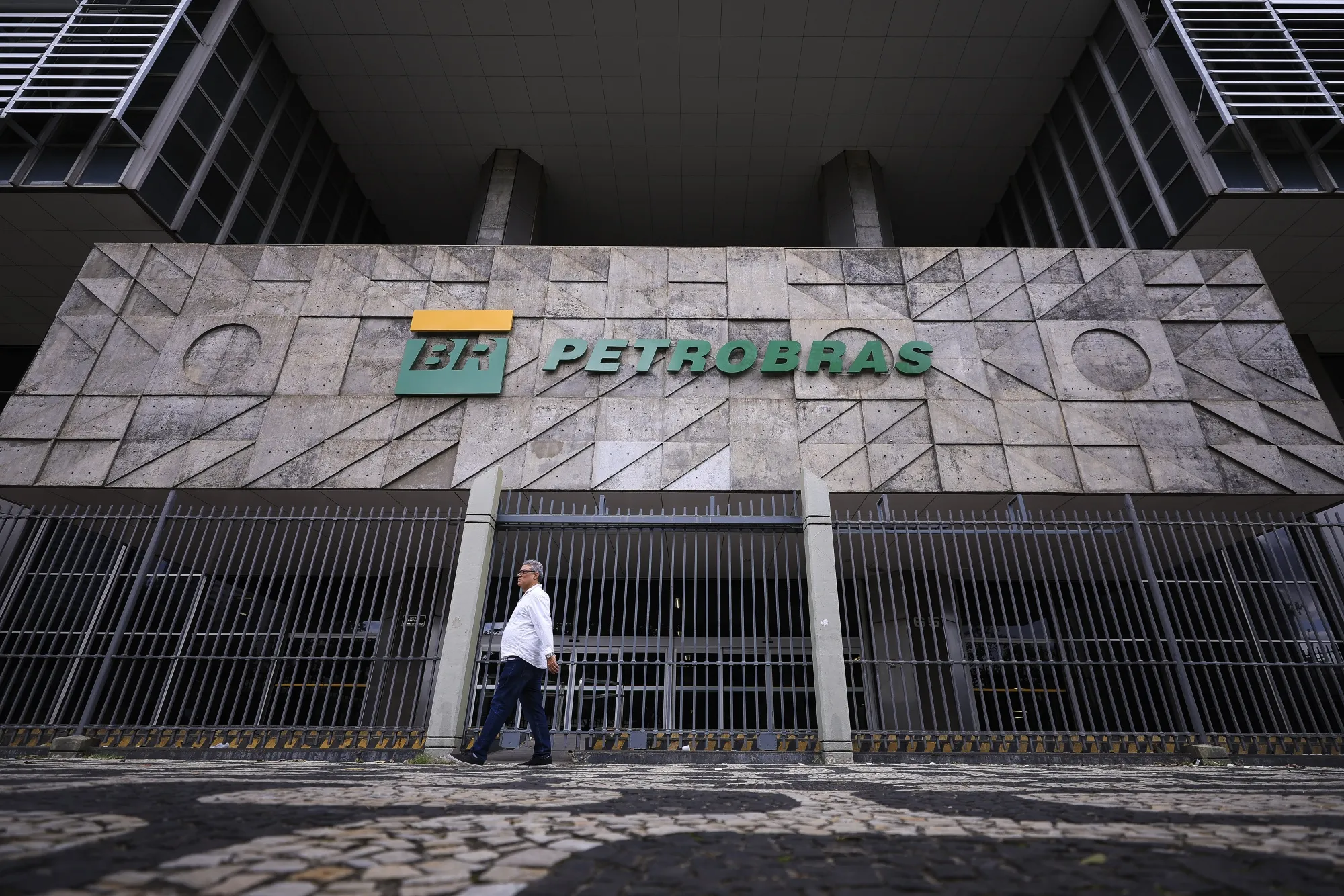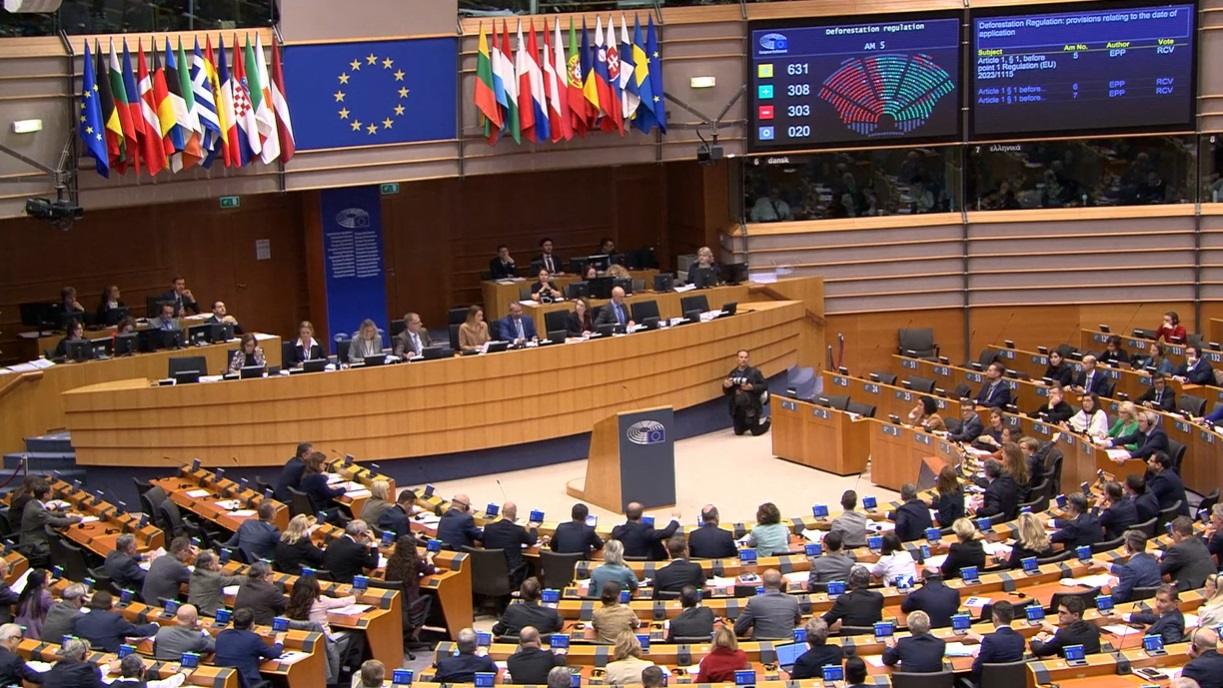46% of FTSE 100 Companies Restate Sustainability Metrics Amid New Reporting Standards, Deloitte

|
Listen to this story:
|
- Nearly half of FTSE 100 companies restated climate and sustainability metrics due to errors or methodology changes.
- 89% of restatements involved greenhouse gas emissions, highlighting volatility in ESG reporting.
- New EU rules may lead to more restatements, broadening the scope of required sustainability disclosures.
Nearly half of the UK’s largest companies have had to restate their climate and sustainability metrics this year, reflecting the increasing scrutiny and evolving standards in environmental, social, and governance (ESG) reporting. According to Deloitte’s analysis of the FTSE 100, 46 companies revised their sustainability disclosures, with the majority (89%) of these restatements involving greenhouse gas emissions.
The reasons behind these restatements are telling: 44% were due to changes in measurement methodology, while 29% resulted from correcting errors. This shift indicates a significant focus on improving the accuracy of non-financial metrics, a trend that aligns with growing demands from investors and regulators for reliable ESG data.
Steve Farrell, partner and head of sustainability assurance at Deloitte, commented, “Our analysis shows that a significant number of environmental, social, and governance (ESG) metrics reported and published last year by the UK’s largest companies have since been updated, either because measurements have evolved or, worryingly, because they were incorrect to begin with. This is notable because prior year restatements are comparatively rare in the world of financial reporting and indicate a material change to previously reported figures.”
The upcoming Corporate Sustainability Reporting Directive (CSRD) from the EU is expected to further drive this trend. Set to impact companies with financial years starting on or after January 1, 2024, the directive mandates a comprehensive range of qualitative and quantitative ESG disclosures. This regulatory shift will affect not only large public companies but also private UK firms operating within the EU, necessitating a more thorough approach to sustainability reporting.
Related Article: ESG Integration Gains Momentum Amid Data Quality Challenges, Deloitte Sustainability Action Report
Katherine Lampen, partner and climate and sustainability lead at Deloitte, emphasized the growing importance of accurate disclosures, stating, “Accurate and transparent sustainability data in annual disclosures is not just good practice; it’s becoming a business imperative. Investors, regulators, and consumers are increasingly demanding this information to make informed decisions, and advanced organizations are using this information to drive corporate strategy. Companies that proactively address this trend will position themselves for long-term success.“
As the regulatory landscape evolves, companies must adapt to ensure their sustainability reporting meets both current and future standards, minimizing the risk of further restatements and maintaining investor confidence.











